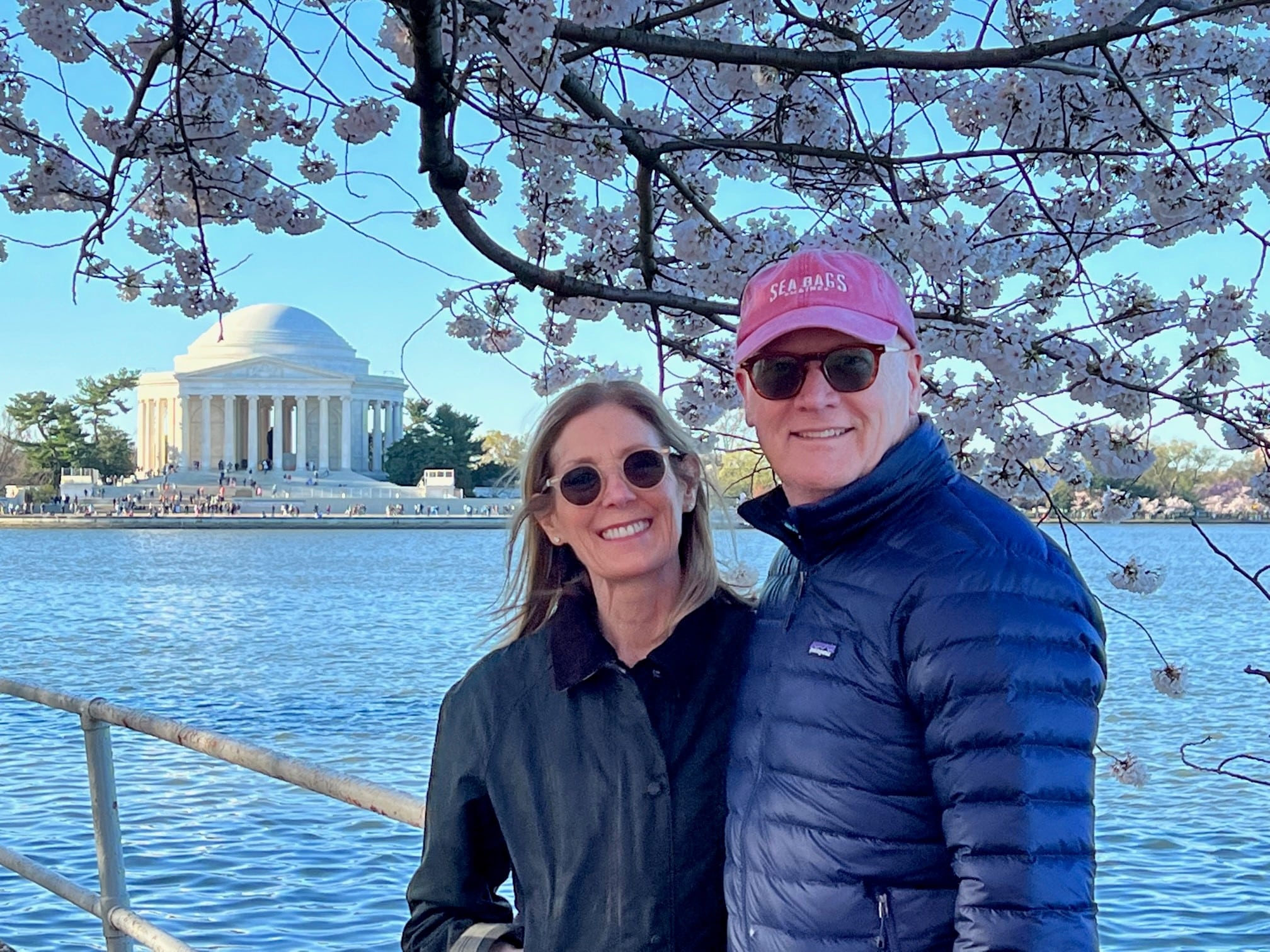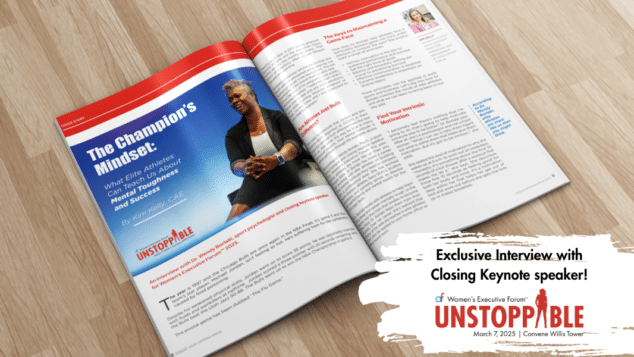The Importance of Authenticity in New Power Leadership


Jim and his wife enjoy cherry blossom season in Washington, D.C.
NOTE: This article appeared as the final column in the summer 2023 issue of FORUM Magazine. Each issue, we ask a member of the association community to reflect on the theme. Here is what Jim McNeil, a seasoned association executive, had to say about New Power Leadership.
I believe the new power leadership style fosters connectivity and collaboration across the ecosystem or community of your organization or association. To create a collaborative and transparent leadership model, you must first be introspective and authentic enough to ensure that you yourself are practicing what you preach, and then setting the example within your organization.
Early in my career, adaptability and authenticity were foundational in my growth. I began my career working in college textbook publishing, partnering with authors who were some of the most brilliant people in the world at leading universities in various disciplines. These were intimidating people. My mentor at the time encouraged me never to put myself in a position of trying to “compete” with our textbook authors as a subject matter expert. Instead, I learned to honor and respect them as the authorities in their field while creating the conditions for them to do their best work as a textbook author; while also contributing my expertise in the publishing business. That taught me authenticity-based respect for each individual’s experience, knowledge, and expertise in collaboration, and it is a lifelong lesson I took with me. It has served me in every aspect of my career, especially now at Smithbucklin.
The leadership of our clients touches virtually every industry, field, and profession. Our job is to collaborate to make those volunteers successful as advocates and leaders for their association. At the same time, we apply our deep knowledge and experience in effective association governance, growth strategies, and business operations and management. Adaptive, situational leadership—based on fostering connectivity and collaboration, and ensuring that we leverage our respective expertise with our client organization leaders—is critical in what we do every day.
I believe people who know me would describe my leadership style as highly collaborative. Most of my early career mentors fell under the more traditional, apathetic style, but I always knew I wanted to lead differently—in fact, some of the most influential mentors I’ve had helped me know what kind of leader I didn’t want to be.
It’s a lifelong journey to achieve a great level of participation and engagement, and garner the input of the voices of people you’re trying to align. I’ve spent decades honing my discipline to ensure I’m involving others. There is often a dichotomy between people wanting to be heard as well as seeking out those who are remaining silent. In these instances, you have to become the cheerleader for your colleagues and organization—inspiring all voices to be heard.
In my work with association boards, I’ve observed that the most successful organizations put personal agendas aside and govern with the best intentions for the organization’s longevity in mind. This shift in leadership stems from the evolution of board governance models: eliminating hierarchy, engaging in thoughtful collaboration and consensus decision-making within an effective governance structure, and implementing diversity of thought and experience into board culture.
If I can stress one thing about leadership, it’s that authenticity is key. There is always a balance you have to find depending on your role and the leadership level in your organization. Still, it comes down to your ability to be vulnerable and genuine in your professional relationships. I live by the rule that you should not ask anything of others that you aren’t willing to do yourself.
At the end of the day, my goal is to lead with authenticity and leave the organizations I serve better than I found them.
Tags
Related Articles
The Champion’s Mindset: What Elite Athletes Can Teach Us About Mental Toughness and Success
An interview with Dr. Wendy Borlabi, sport psychologist and closing keynote speaker for Women’s Executive...
Great Bosses, Greater Impact: Leadership Lessons that Stick
The best bosses leave more than instructions—they leave echoes of confidence, creativity, and leadership that...
The Secret to Building a Strong, Reliable Professional Network
Authenticity, shared vulnerability, and common interests are the keys to creating a network that truly...





